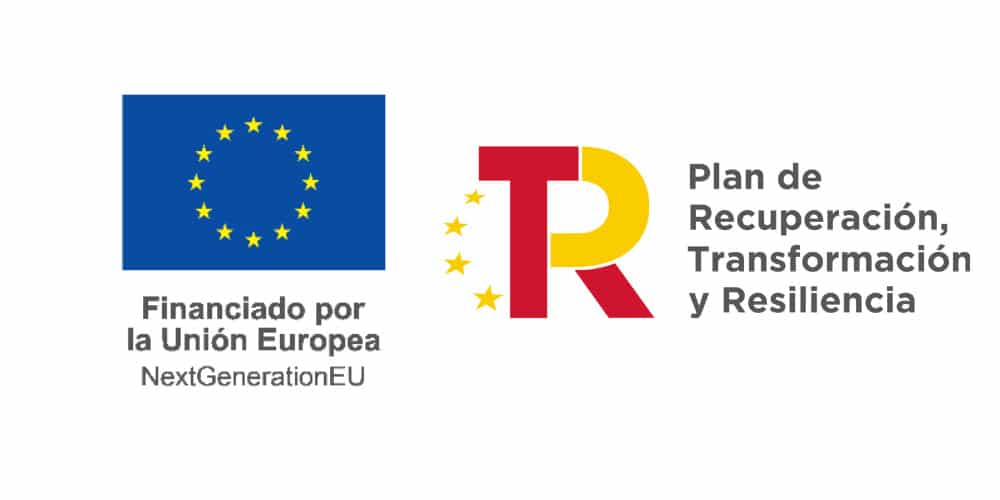
N) Business in Spain: Fiscal Advantages for Start Ups
Startups in Spain can tap into significant fiscal advantages and innovative support programs. The Spanish Startup Law enhances these benefits, making the country a prime location for entrepreneurial growth. This guide explores how these opportunities can drive your venture’s success.

Business in Spain: Fiscal Advantages for Startups
Startups in Spain can tap into significant fiscal advantages and innovative support programs. The Spanish Startup Law enhances these benefits, making the country a prime location for entrepreneurial growth. This guide explores how these opportunities can drive your venture’s success.
Introduction
For startups embarking on their entrepreneurial journey, understanding the complex landscape of taxation is crucial for establishing a solid foundation for financial success. In Spain, a country brimming with innovation and opportunity, understanding the fiscal advantages available to startups can make a significant difference in their growth trajectory. The recently enacted Spanish Startup Law, officially known as the ‘Proyecto de Ley de fomento del ecosistema de las empresas emergentes’, further bolsters Spain’s appeal by introducing a range of immigration and fiscal measures designed to foster innovation and entrepreneurship.
In this FAQ, we’ll explore the fiscal advantages and support programs that Spain offers to startups, providing insights and guidance to entrepreneurs looking to make the most of their venture’s financial strategies. From tax incentives to support programs, let’s dive into how startups can leverage Spain’s favorable fiscal environment and the new legislative framework to thrive in the competitive business landscape.
What to know?
Exploring Fiscal Advantages for Startups in Spain
-
Tax Incentives for R&D and Innovation:
Spain provides generous tax incentives for startups engaged in research and development (R&D) activities and innovation. Startups can benefit from tax credits, deductions, and exemptions aimed at fostering technological advancements and driving innovation within the country.
-
Corporate Tax Benefits:
Spain’s corporate tax regime offers favorable rates for small and medium-sized enterprises (SMEs) and startups. Startups may qualify for reduced corporate tax rates, as low as 15% for the first four years of profitability, providing them with a competitive edge in the marketplace. To qualify, companies must meet several requirements, such as having annual revenue under 10 million euros, being less than five or seven years old, demonstrating innovation, and maintaining a significant presence in Spain. For more details on business structures, you can check SL (Sociedad Limitada) vs. Freelance (Autónomo) or how to Set Up Your Company in Spain.
-
Specialized Startup Tax Regimes:
The “Empresa de Base Tecnológica” (EBT) regime and the qualifications under the Spanish Startup Law provide startups with reduced tax burdens, simplified compliance requirements, and other incentives tailored to support their growth and development.
-
Venture Capital Tax Incentives:
To stimulate investment in startups, Spain offers tax incentives for venture capital funds and investors, including capital gains exemptions and tax credits. Startups seeking funding can attract investors by highlighting these tax benefits, fostering a thriving ecosystem of entrepreneurial finance.
-
Tax Credits for Job Creation:
Startups that create new jobs in Spain may be eligible for tax credits and incentives aimed at promoting employment growth. By hiring employees and contributing to job creation, startups can access additional fiscal benefits while fueling economic development and prosperity.
-
Income Tax Benefits:
Spain has introduced measures to make stock options more attractive, such as deferring taxation until actual benefits are realized and increasing the tax-exempt threshold for employees. Additionally, displaced workers can benefit from reduced tax rates and favorable treatment under the non-resident regime.
How ACCOMPANY Can Help
Understanding the fiscal landscape in Spain can be complex, but various support programs and resources are available to assist startups. Spain offers tax advisory services, incubators, accelerators, and government-sponsored initiatives aimed at promoting entrepreneurship and innovation.
At ACCOMPANY, we can assist startups in understanding and utilizing these programs and resources to achieve their business goals.
Our services include:
- Tax Advisory Services: Assisting startups with managing tax incentives and compliance requirements. For general tax information, see Taxes in Spain.
- Access to Incubators and Accelerators: Connecting startups with programs that provide mentorship, funding, and networking opportunities.
- Government Initiatives: Assisting in applying for government-sponsored programs that offer financial support and other benefits.
- Strategic Planning: Developing strategies to maximize fiscal advantages and ensure sustainable growth.
- We can also help you with outsourced accounting and understanding Spanish invoices. You might also find our Accounting Portal useful.
Conclusion
In conclusion, Spain offers abundant opportunities for entrepreneurs seeking growth and success. From its strategic location and tax benefits to its diverse talent pool and high quality of life, Spain provides an appealing environment for businesses to flourish. The new Spanish Startup Law further enhances this environment by providing comprehensive support through fiscal and immigration measures.
Throughout our exploration, we’ve highlighted the advantages that Spain offers to both entrepreneurs and investors. Whether you’re a startup entering the European market or an established company seeking expansion, Spain’s ecosystem supports growth and innovation. For more information on doing business in Spain, visit our dedicated section.
Considering factors like tax implications, bureaucratic procedures, industry opportunities, and success stories can guide your decision to establish your company in Spain. By leveraging its favorable business climate and cultural diversity, you can position your company for long-term success.
Spain stands as a beacon of opportunity in the global business landscape. Let’s embrace these opportunities, embark on entrepreneurial endeavors, and contribute to Spain’s vibrant business community together. If you have further questions, check out our FAQs section.
